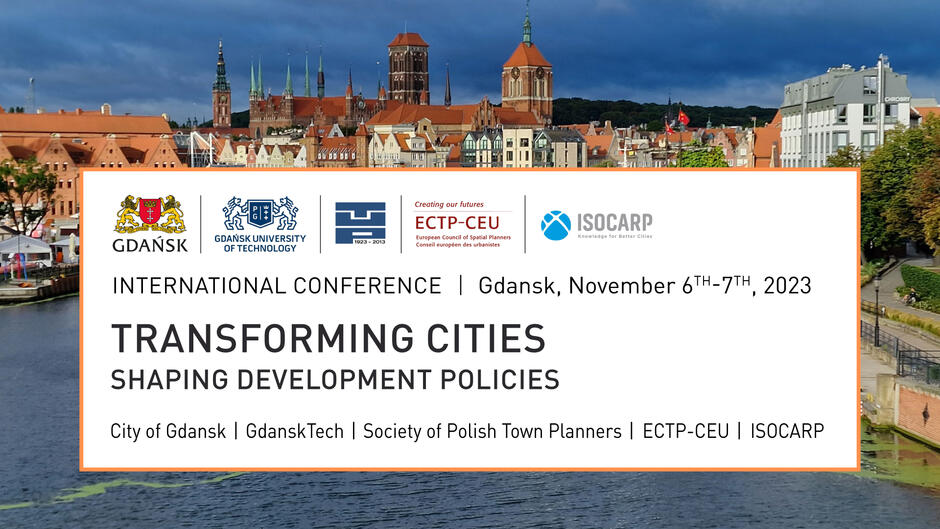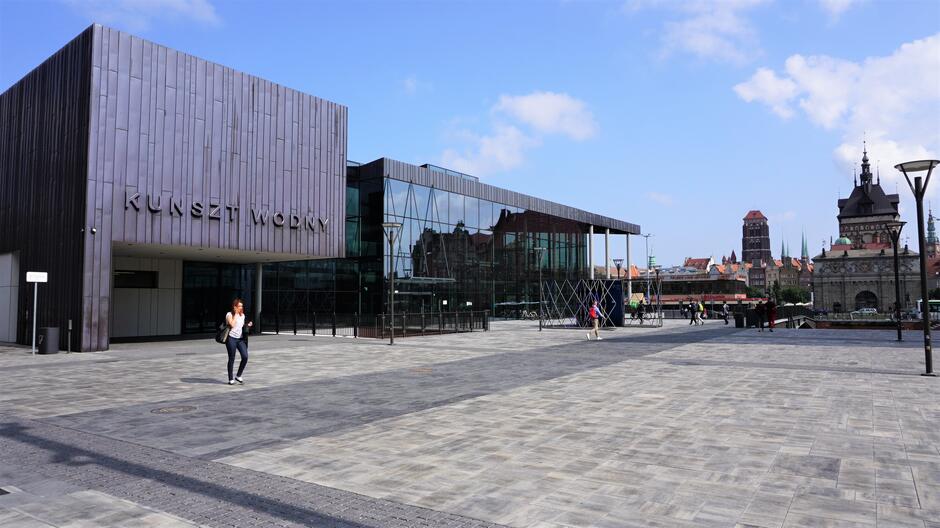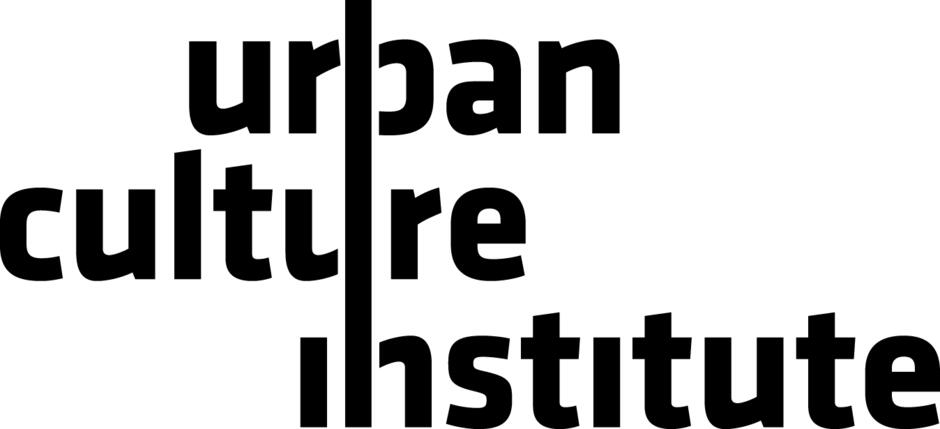
>> PRZEJDŹ DO STRONY POLSKIEJ 
Conference Outline
Contemporary urban development processes are associated mostly with the transformation of existing structures. These may include such topics as radical reuse concepts for various areas, including ones dominated by traffic, regeneration and redevelopment of abandoned areas and brownfield sites, as well as the transformation of various types of public and common spaces. Of course, these are just a few from a wide array of topics that shape current discourse on the future of cities. Many will argue that equally important are environmental, social, and economic issues, dealing with inequalities as well as - on the other side – with the physical shape of urban architecture. The wide scope of these topics proves that we are still in search of a true new planning agenda for our cities and that its character may differ depending on the character and location of the city.
The main purpose of organizing the conference on „Transforming Cities” is to present and discuss currently debated and practiced planning concepts that will shape the future of our urban spaces. The intention is to invite practitioners (planners and urban designers), municipal leaders (city architects, and planners), academicians, and other professionals dealing with diverse planning, design and development issues. Such a debate shall allow understanding how to deal with various issues and problems as well as how to put these in the broader context – both regarding the interdisciplinary character of the issue and best practices derived from the experience of other parts of the world.
The conference program will include several sessions, including:
- Keynote presentations – dealing with the shape of our current urban agenda and general overview of planning practice
- Broder reflection session – bringing together various perspectives on urban transformation processes
- Transformation of the traffic-dominated urban spaces – reintroducing public life, greenery, reshaping urban structures – with a focus on historic urban areas;
- Redevelopment of centrally located urban brownfield areas – reinterpreting urban structures, reusing heritage buildings and spaces, developing connections with the surrounding urban areas, shaping new development visions in relation to existing urban structures;
- Shaping the new, transit-oriented, development spines of the cities – reshaping the urban development visions on the basis of the TOD (transit-oriented development) concept, introducing the new development concepts for housing-dominated areas, redefining the future of areas dominated by the big-box type of commercial structures;
The intention is to make this conference a venue for exchanging good practices and reassuring the key stakeholders in efforts associated with refining the local planning practices. At the same time, this will serve as an opportubity to discuss various development issues on the example of the City of Gdańsk.
Conference Programme
Conference venue
Urban Culture Institute (Instytut Kultury Miejskiej), Kunszt wodny, Targ Rakowy 11, Gdańsk

Organization
The event is hosted jointly by the City of Gdansk, Gdańsk University of Technology, and the Society of Polish Town Planners. At the same time, this will become an ISOCARP (International Society of City and Regional Planners) Regional Event. Among others, the members of the Global Planners Network as well as of the European Council of Town Planners (ECTP) will be participating in it.
The conference will be in-person only, with no live streaming. Although, the entire event will be recorded and in subsequent weeks these recordings will be made available for everyone interested on the website of the Office of the Gdansk City Architect:
www.gdansk.pl/bam

Registration and contact
Participation in the conference is free of charge, although registration will be required
– please use > the registration form
Conference secretariat: city.arch@gdansk.gda.pl
Deadline for registration for all interested participants is October 22nd.
Patronage
| The Architecture and Urban Planning Committee of the Polish Academy of Sciences |
 |
| Committee for Spatial Economy and Regional Planning Polish Academy of Sciences |
 |
Organizational partners
| Museum of Gdańsk |  |
| Urban Culture Institute |
 |






















